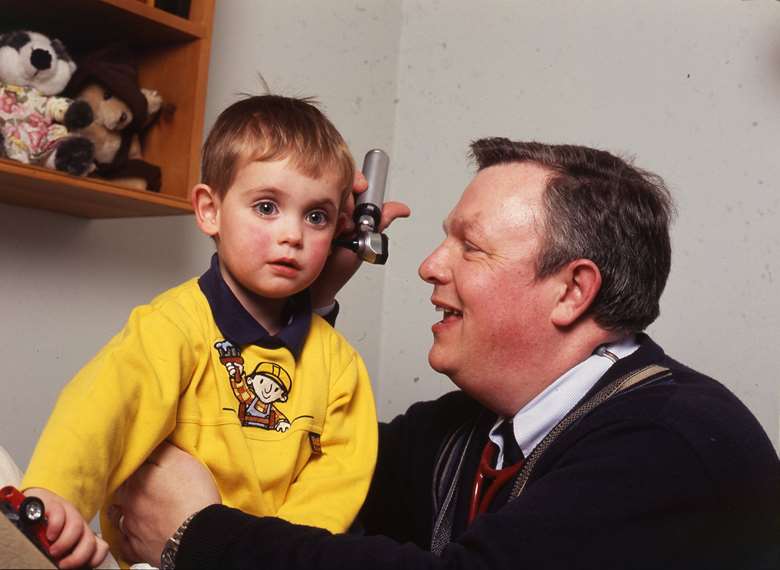Ministers pledge to reduce child deaths in response to health outcomes forum
Lauren Higgs
Wednesday, February 20, 2013
The government has pledged to reduce child mortality and boost the extent to which young patients are consulted on the care they receive, as part of its response to the Children and Young People's Health Outcomes Forum report.

Ministers have meanwhile promised to start a “data revolution” so that the NHS and local authorities have access to better information to allow them to improve the health of young people.
Data on children and young people’s health will be presented in new five-year age bands, from birth to the age of 25, to allow transitions between children’s and adult health services to be monitored more closely.
The government also wants to change the way that it collects data on the length of time between diagnosis and the start of treatment, and on how poor health affects children’s educational attainment.
The report from the outcomes forum, published last July, argued that a child’s NHS number should be used as a “unique identifier”, to bring together all heath, education and social care data relating to them.
The Department of Health has confirmed that further work is planned to develop an “appropriate approach” to using children’s NHS numbers more widely, adding that the officials are working with the Department for Education “to secure a solution to linking health and education data”.
In addition to this, a new survey on local problems affecting children and young people's health, such as bullying and drug and alcohol use, will be piloted, while colour-coded health maps will allow doctors and nurses to look at local health trends for conditions including asthma and diabetes for the first time.
To strengthen strategic responses to health issues affecting children, the chief medical officer will oversee a new Children and Young People’s Health Outcomes Board, bringing health leaders together to improve the health of all young people from birth to 25.
Health minister Dan Poulter said Britain’s childhood mortality rates have been too high for too long, since more under-14s die in England than in the rest of northern or western Europe.
“There is unacceptable variation across the country in the quality of care for children – for example in the treatment of long-term conditions such as asthma and diabetes,” he added.
“I am determined that children and young people should be put at the heart of the new health and social care system. Too often in the past children’s health has been an afterthought.”
Jo Webber, interim director of policy at the NHS Confederation, said the government’s response to the outcomes forum clearly sets out the importance of effective joint working between agencies and professionals.
“We know all too well the worst consequences of what can happen when children and young people’s services fail to join up around the individual,” she said.
“In the current system where finances are tight and the number of organisations responsible for looking after children’s health is increasing, there is a risk that services could become fragmented and children's care falls between the cracks.
“It is absolutely essential that organisations across health, social care and education maintain their focus on the task at hand and improve the connections between the services they plan and deliver. If we don't get this right, we simply won’t be doing enough to keep our children and young people as safe and healthy as they deserve to be.”
Hilary Emery, chief executive of the National Children’s Bureau, added: “As these plans are implemented it is vital that children and young people are listened to within all aspects of the health system, both as patients fully involved in decisions about their care, but also as valued participants in shaping health services and public health initiatives.
“As a starting point, the NHS Constitution – the key document setting out patients’ rights – should be produced in a form accessible to children and young people, so they can exercise their right to high quality health care in the same way as adults.
“Going forward, it is particularly important that health provision is improved for the vulnerable children most at risk of suffering poor health outcomes, such as looked-after children, those in custody, or those with disabilities and complex health needs.”
The Children and Young People’s Health Outcomes Forum was set up by the government in January 2012 to come up with a strategy to improve health outcomes for children, including those needing primary, hospital and urgent care, and children with long-term conditions.
It published its report last July, which government has now responded to in full. The forum’s work took into account the views of 2,000 people including children, young people, families and healthcare professionals.




